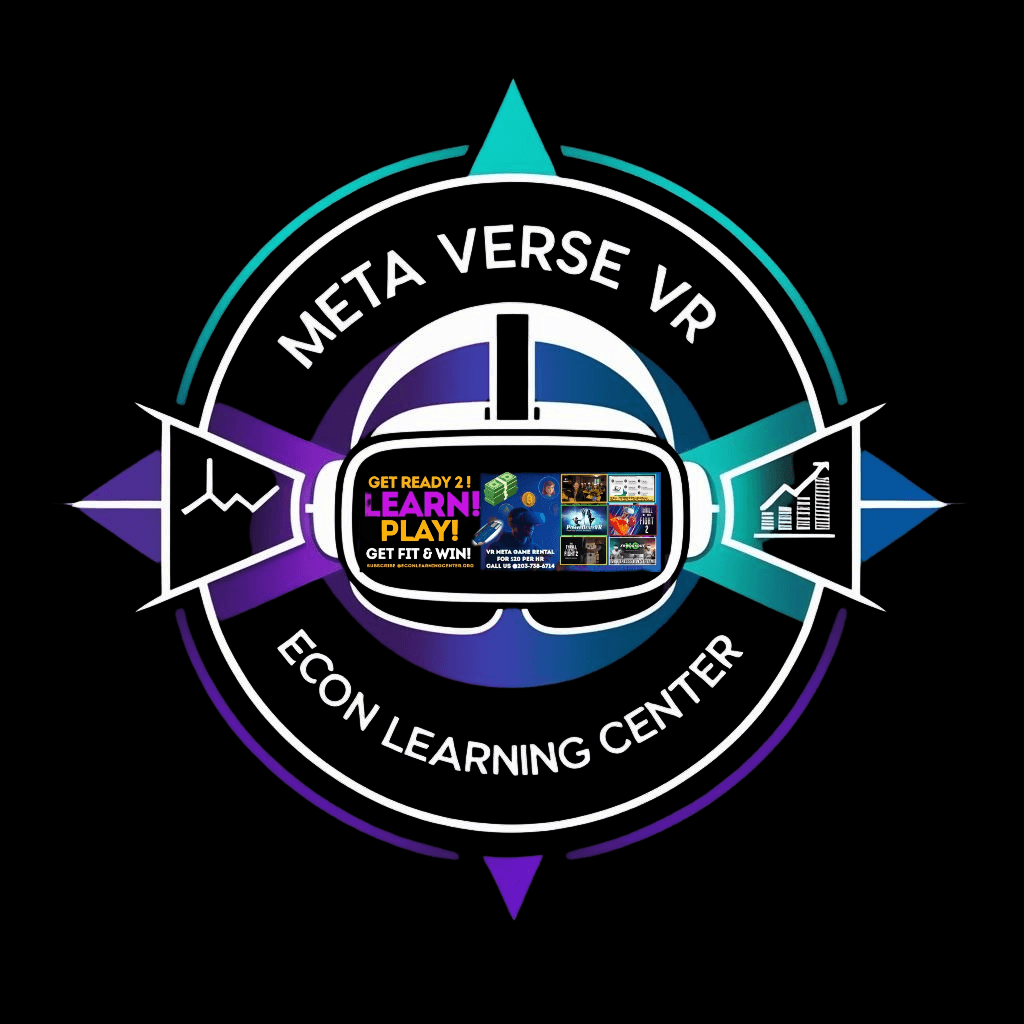- BOOK ME HERE
- About
- Giveaway Gift Rewards Contest
- ENROLL HERE
- Schedule For Our Personal Financial Development 1 Year Course
- The Challenge
- ELC SHOP CLUB
- Credit Repair and Financial Education Services
- Watch Our Business Presentation
- Contact
- FAQ
- Econ Learning Center Blog
- Terms of service
- Econ Learning Center Channel
- Credit Secrets Live Tv
- ELC Meta Verse Vr Fitness ED Games
How to Choose the Right Coursera Tech Skills Competitor for Your Learning Needs
Understanding Your Learning Objectives
Before diving into the vast ocean of online learning platforms, it's crucial to define your learning objectives. Are you looking to gain a new skill for career advancement, or are you exploring a personal interest? Identifying your goals can help narrow down the choices, as different platforms cater to various types of learning experiences. For those focused on career development, platforms with comprehensive assessments and certifications might be more suitable.
Moreover, consider the depth of knowledge you wish to achieve. If you're aiming for a foundational understanding, platforms offering beginner-friendly courses may be ideal. Conversely, if you are seeking advanced expertise, look for options that provide in-depth modules and expert-led sessions.

Evaluating Course Variety and Quality
The next step is to evaluate the variety and quality of courses offered by different platforms. A good competitor to Coursera should provide a wide range of tech skills courses, from programming and data science to cybersecurity and cloud computing. The diversity in course offerings ensures that you can continue learning and evolving within the same platform as your interests expand.
Quality is equally important. Look for platforms that feature courses developed by industry leaders and educators with a proven track record. Reading reviews and testimonials can offer insights into the quality of the content and the effectiveness of the teaching methodology.

Instructor Expertise and Course Structure
An often-overlooked aspect is the expertise of instructors. Platforms that partner with renowned universities or tech companies tend to offer higher quality courses. Check the credentials of instructors and look for platforms that provide detailed instructor profiles. This transparency can greatly enhance your learning experience by ensuring that you are being taught by qualified professionals.
Assessing Flexibility and Accessibility
Flexibility is a key factor when choosing a learning platform, especially for those balancing work, study, and personal commitments. Look for platforms that offer self-paced learning options, allowing you to study at your convenience. Some platforms also offer mobile apps, enabling you to learn on the go.
Accessibility goes beyond just device compatibility. Consider platforms that provide subtitles, various language options, and additional resources like downloadable materials. These features can significantly enhance your learning experience by accommodating different learning styles and needs.

Community and Support
Engagement with a community can greatly enrich your learning journey. Platforms that offer discussion forums, group projects, or peer reviews create opportunities for collaboration and networking. This social aspect not only aids in deeper understanding but also helps in building professional connections.
Additionally, check the level of support provided. Reliable customer service and access to mentors or tutors can be invaluable, especially when tackling complex topics or needing guidance on project work.
Evaluating Cost and Value
Finally, it’s essential to consider the cost of courses relative to the value they provide. Some platforms offer free access to course materials but charge for certification or additional features. Comparing these costs with the depth of content and potential career benefits can help determine if a platform is worth the investment.
Look for options that offer subscription models, which can be more cost-effective if you plan to take multiple courses over time. Many platforms also provide financial aid or discounts, so explore these options if budget constraints are a concern.

By carefully considering these factors—learning objectives, course variety and quality, flexibility, community support, and cost—you can choose the right Coursera tech skills competitor that aligns with your specific learning needs and goals.
